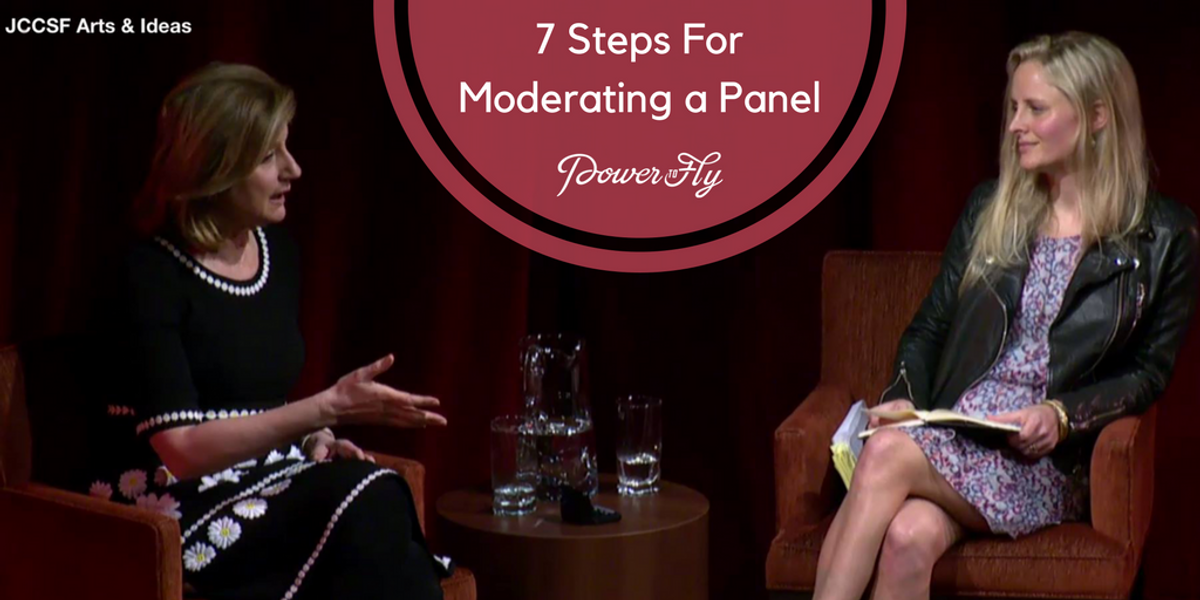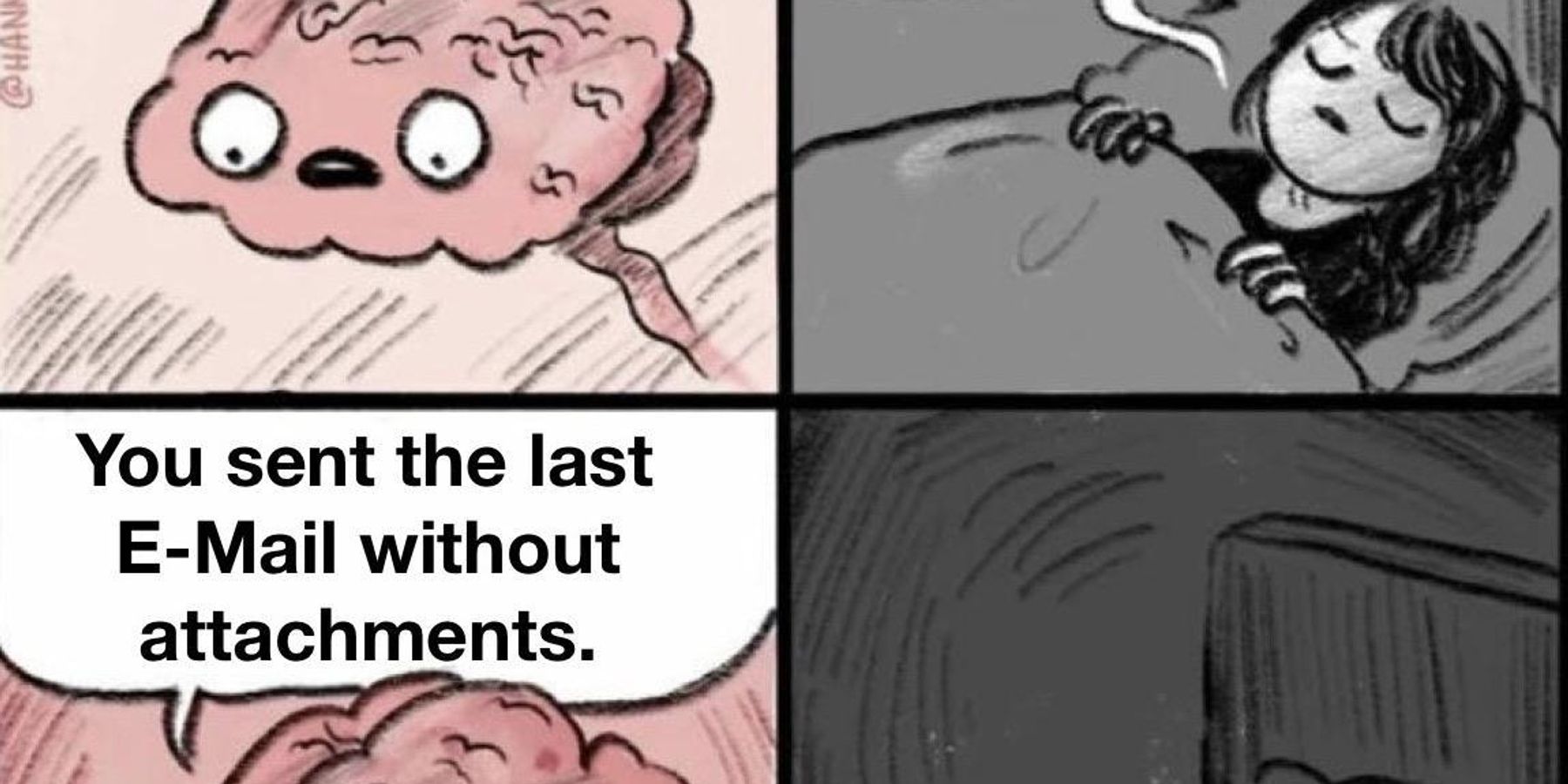(That's me in the photo, moderating a fireside chat with my former boss Arianna Huffington)
I’ve sat on a lot of panels and now I’ve started moderating them. Moderating is a lot of work, but I like it because I get to spend time going deep on who my panelists are. The hard part is before the panel starts, when you’re trying to line up the right questions for the personalities you need to amplify to the audience. That’s the only way to have a good panel - know who your subjects are, what questions they’ll run with and how to weave everyone together.
A month ago I did a monster panel (not because of the people but because of its size). It was called “Meet The Resistance” and it was to introduce movement leaders to members of the Democratic National Committee. It had nine people on it, yes nine, from the cofounder of Black Lives Matter and the co-chair of The Women’s March to Hillary Clinton’s email director and now the leader of Run for Something. I was honored to be asked to moderate, but it was terrifying. How would I keep the panel flowing, give everyone enough speaking time and be able to respond with counter points? This is what I did, and what I recommend any moderator does:
1. Compile panelist bios - do your research first.
2. Write questions for each panelist, yes each panelist (I did this for nine people, you can do it for the normal 3 person panel).
3. Call each of your panelists and pre-interview, pre-interview, pre-interview. I can’t tell you how many times I’ve done a panel where the moderator never took the time to call me. I wasn’t offended (hey, I liked not having to take another meeting), but the flow of the panel felt off because they only knew me from my bio. And group calls don’t work. People rarely speak up enough and you can’t target questions appropriately.
4. During the pre-interview you should ask panelists the questions you have for them. You’d be surprised by how much you’ll want to change your questions as the pre-interview moves along. Some people might ask if giving the questions before hand is cheating or whether it kills the spontaneity. Um no. A panel is a presentation where participants should never feel blindsided. If you have tough questions to ask that they might not like then that’s fine. Just give them the heads up that you’ll be going there. The goal isn’t to make sure you’re giving anybody softballs, but rather it’s to ensure the conversation flows and the audience gets what they came for. Structure sets people free and allows for more spontaneity in the end because that's what happens when people are comfortable and prepared.
5. Once you’ve interviewed everyone over the phone for about 20 minutes you should compile one doc with all notes and questions that only you will use.
6. Make a separate doc to share with the panelists that shows everyone’s questions as well as the agenda and any critical details. Below is a sample agenda template. If you’re like me, you’ll need to either print your notes in huge font or write out questions on post-its. I actually like rewriting questions by hand so it sticks in my memory.
7. Enjoy yourself. If you’ve done the prep then all will run smoothly (we hope). Oh, and join one of our future PowerToFly panels. You can find our schedule here.





